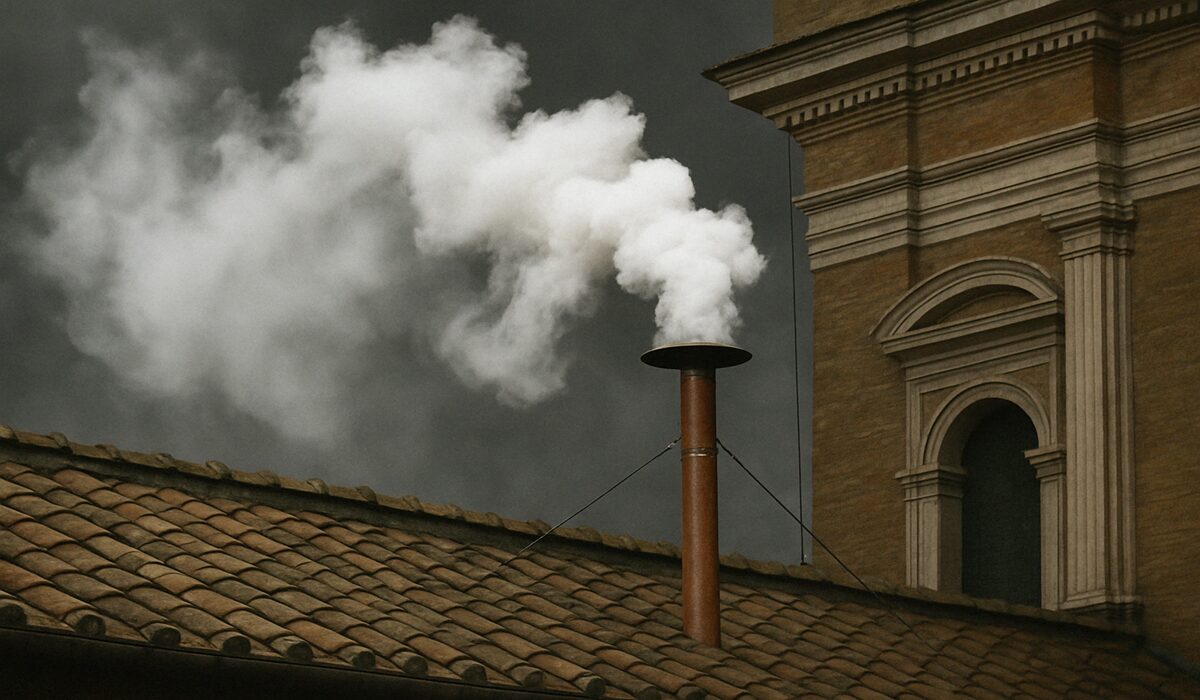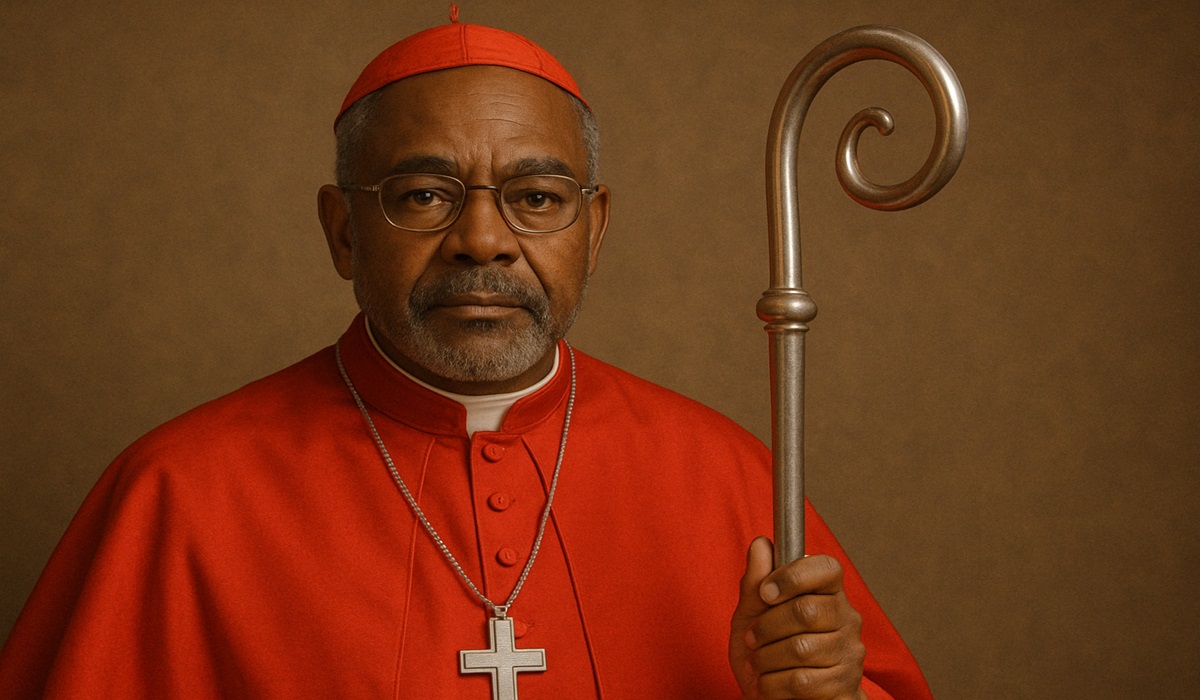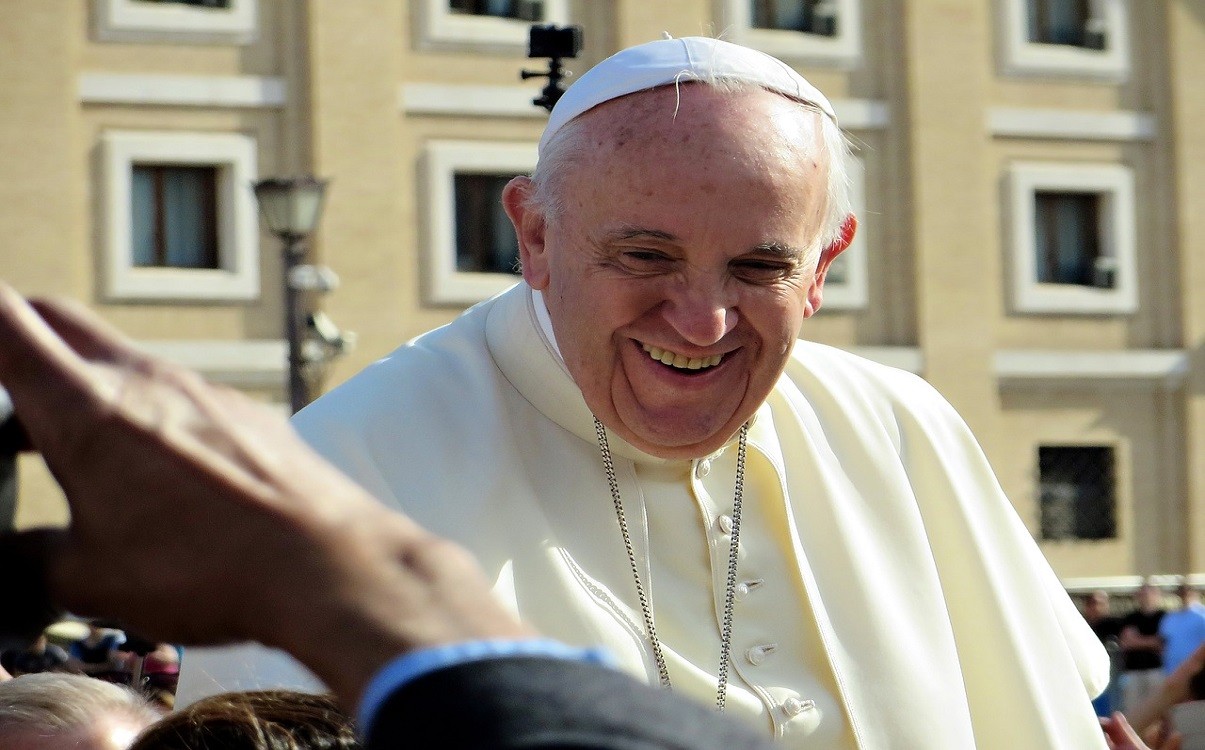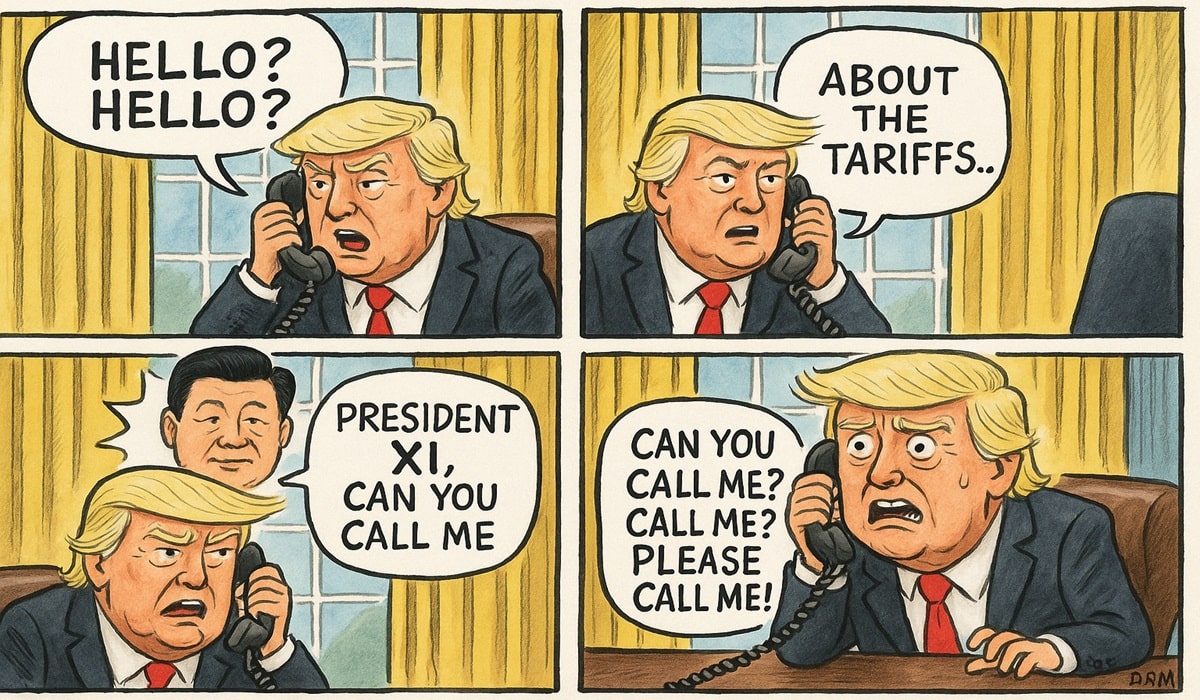Crisis in Seoul: South Korea’s Former Defense Minister Arrested Over Martial Law Scandal
- Naomi Dela Cruz
- D.O.C Supplements - Trending News
- Asia
- East Asia
- December 9, 2024

South Korea is grappling with a deepening political crisis following the arrest of former Defense Minister Kim Yong-hyun, accused of proposing martial law to President Yoon Suk Yeol. Kim’s resignation earlier this week was quickly followed by his arrest, intensifying scrutiny over his role in Yoon’s brief and controversial martial law declaration. Critics contend the proposal, aimed at countering alleged “anti-state forces,” represented an alarming departure from democratic norms, stirring widespread condemnation.
President Yoon rescinded the martial law declaration hours after its announcement, apologizing for what he called an effort to ensure stability. However, the fallout has been severe, with opposition lawmakers introducing an impeachment motion against Yoon, accusing him of betraying democratic principles. The impeachment vote failed as Yoon’s party boycotted the session, but the opposition has vowed to renew its efforts, prolonging the political standoff.
Kim’s arrest has cast a spotlight on the chain of events leading to the martial law proposal, with investigators probing whether the move was part of a broader strategy to consolidate power. Meanwhile, public dissatisfaction with Yoon’s leadership has grown, with demonstrations erupting across the country. Analysts suggest that the martial law controversy has significantly eroded confidence in Yoon’s administration.
The crisis has also strained South Korea’s international relationships. The United States expressed concern over the martial law declaration, with officials calling it a misstep that could undermine democratic values in a key regional ally. The diplomatic fallout has added pressure on Yoon, whose handling of the controversy has raised questions about his ability to manage both domestic and foreign policy challenges.
In an effort to restore credibility, Yoon has appointed Choi Byung-hyuk, a respected diplomat, as the new defense minister. While Choi’s nomination signals a move toward stabilizing the Ministry of Defense, critics argue that systemic governance reforms are necessary to address the deeper issues revealed by the scandal. With a renewed impeachment effort looming, South Korea’s political future hangs in the balance, testing the resilience of its democratic institutions.








